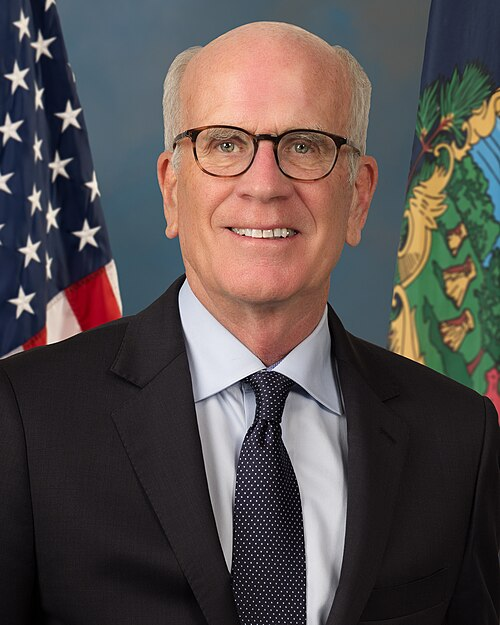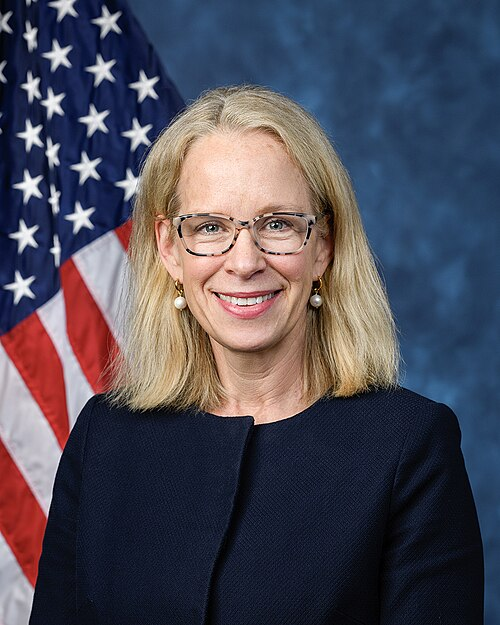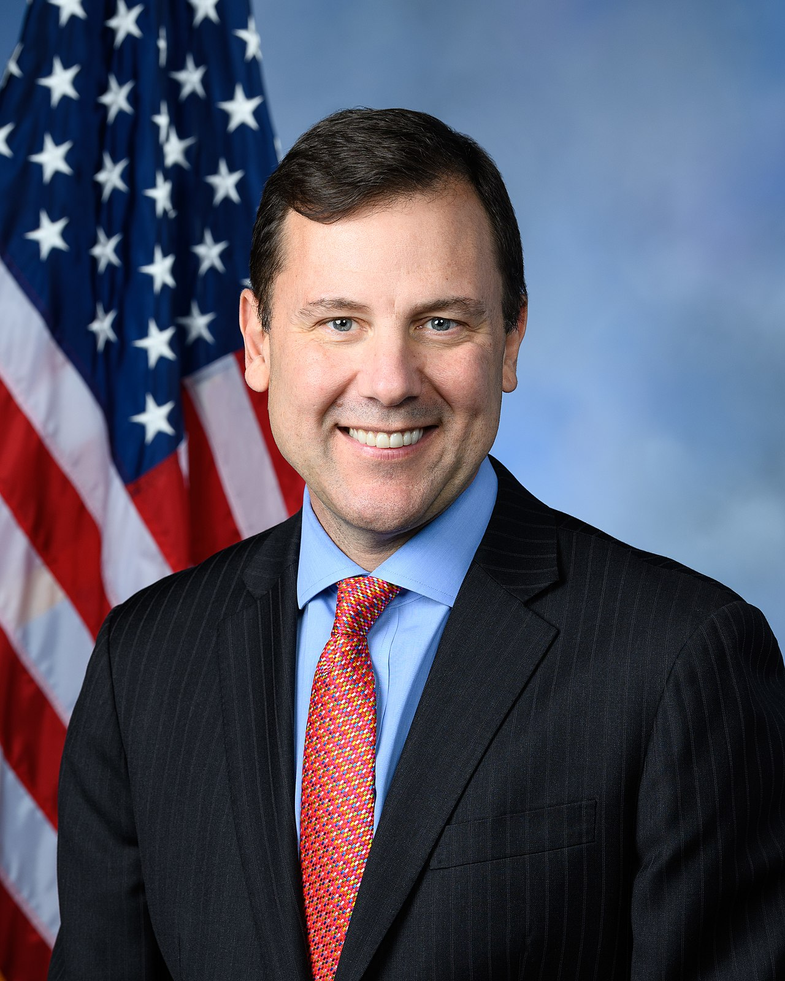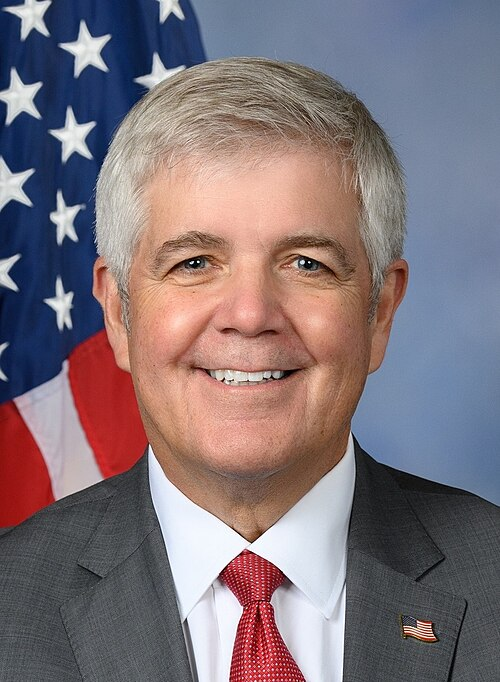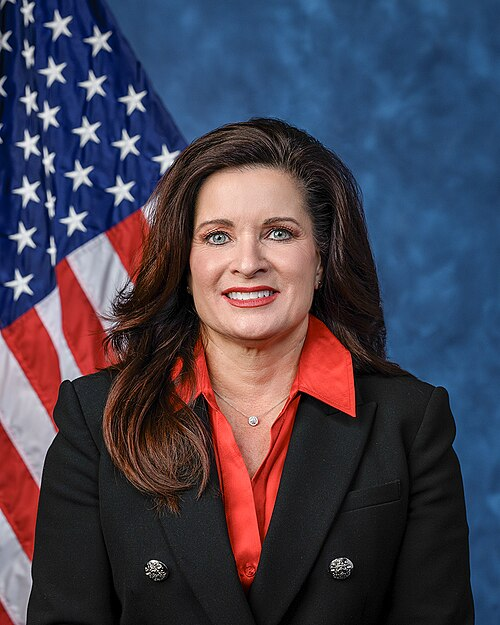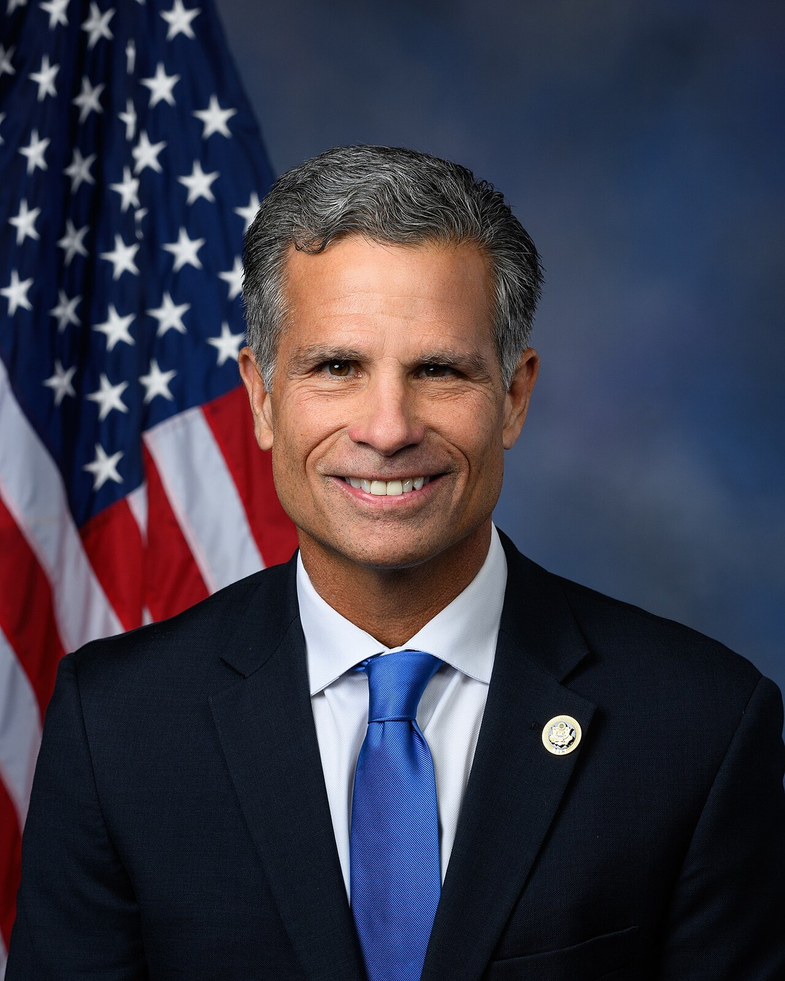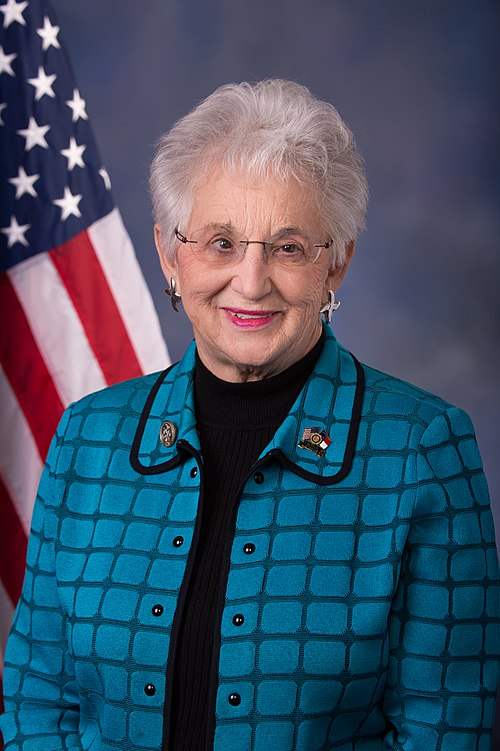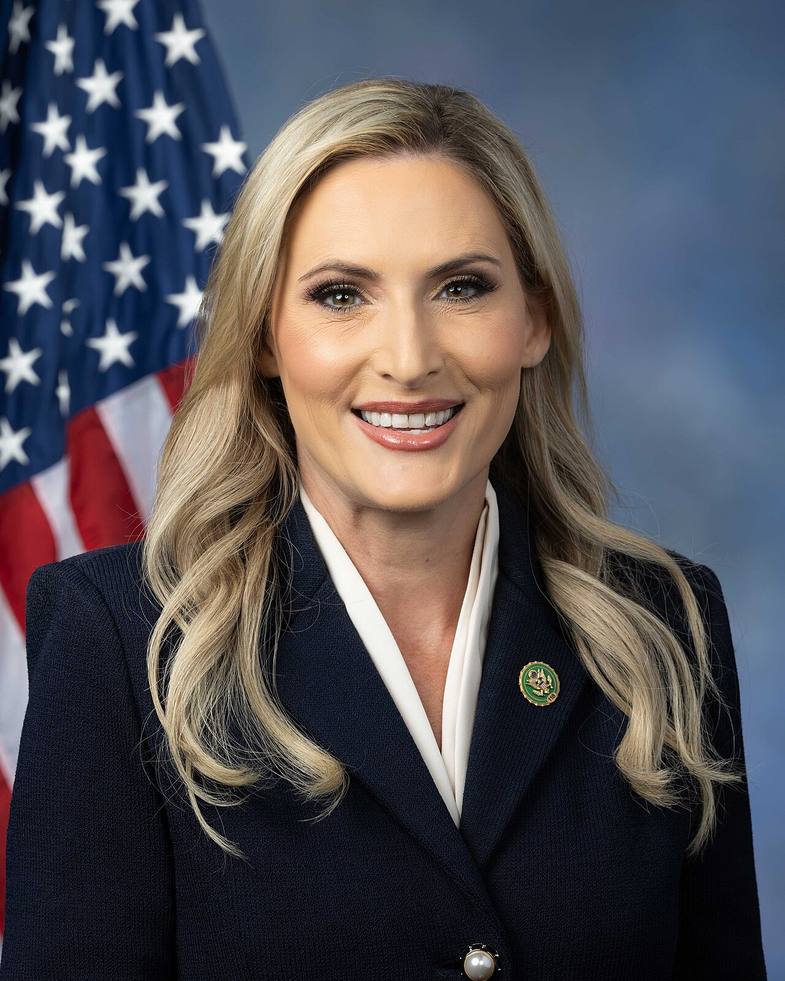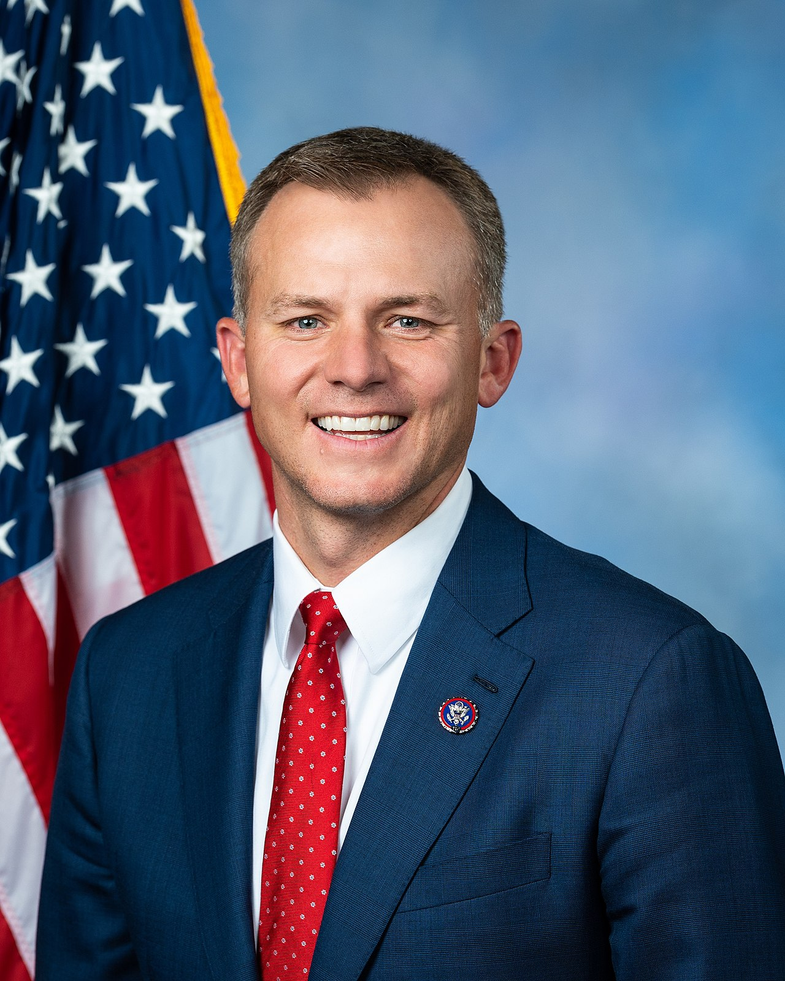S. 2276: Eliminating Thickets to Increase Competition Act
The Eliminating Thickets to Increase Competition Act, also referred to as the ETHIC Act, is designed to modify how certain patent infringement claims can be made, particularly in the context of pharmaceuticals. Here’s what the bill proposes:
Limitations on Patent Assertions
The bill aims to limit the number of patents that one party can assert in infringement actions. Specifically, it introduces a rule that allows a plaintiff to assert only one patent from a group of commonly owned patents (referred to as a "Patent Group") in a lawsuit against a drug maker or a holder of a drug application or license.
Definition of Patent Group
A "Patent Group" consists of two or more patents or patent applications that are commonly owned and have relationships defined by U.S. patent law. This means that related patents that were filed to avoid issues like “double patenting” will be treated collectively. The act clarifies that:
- Patents that are identified on disclaimers to avoid obviousness-type double patenting are considered part of the same group.
- Each patent or application that links to another through a disclaimer also belongs to that Patent Group.
Restrictions on Additional Claims
Under the act, once a party asserts a patent from a Patent Group, they cannot bring additional infringement claims against the same party related to other patents in that group. This is intended to prevent multiple lawsuits that can burden the defendant and the legal system.
Scope of Applicability
The provisions of this act apply to applications submitted for drug approvals or licenses after the enactment date. This means that any drugs or biological products covered under these provisions will only be affected moving forward and not retroactively.
Goals of the Legislation
The aim of the Eliminating Thickets to Increase Competition Act is to reduce the obstacles that arise from patent thickets—clusters of patents asserting overlapping claims which can create confusion and complicate the introduction of new drugs to the market. By limiting the number of patents that can be asserted in legal actions, the bill seeks to promote competition and innovation in the pharmaceutical industry.
Relevant Companies
- PFE (Pfizer Inc.) - As a major player in the pharmaceutical industry, Pfizer could be impacted due to its large portfolio of patents related to its drug products.
- JNJ (Johnson & Johnson) - Johnson & Johnson may face challenges related to its numerous patents across various health sector products.
- NVS (Novartis AG) - Novartis, known for its extensive drug pipeline, could see a shift in the way it manages its patent litigation strategies.
- AMGN (Amgen Inc.) - Amgen could also be directly affected as the legislation may facilitate easier market entry for biosimilars by constraining patent assertions.
This is an AI-generated summary of the bill text. There may be mistakes.
Sponsors
3 bill sponsors
Actions
2 actions
| Date | Action |
|---|---|
| Jul. 15, 2025 | Introduced in Senate |
| Jul. 15, 2025 | Read twice and referred to the Committee on the Judiciary. |
Corporate Lobbying
0 companies lobbying
None found.
* Note that there can be significant delays in lobbying disclosures, and our data may be incomplete.
